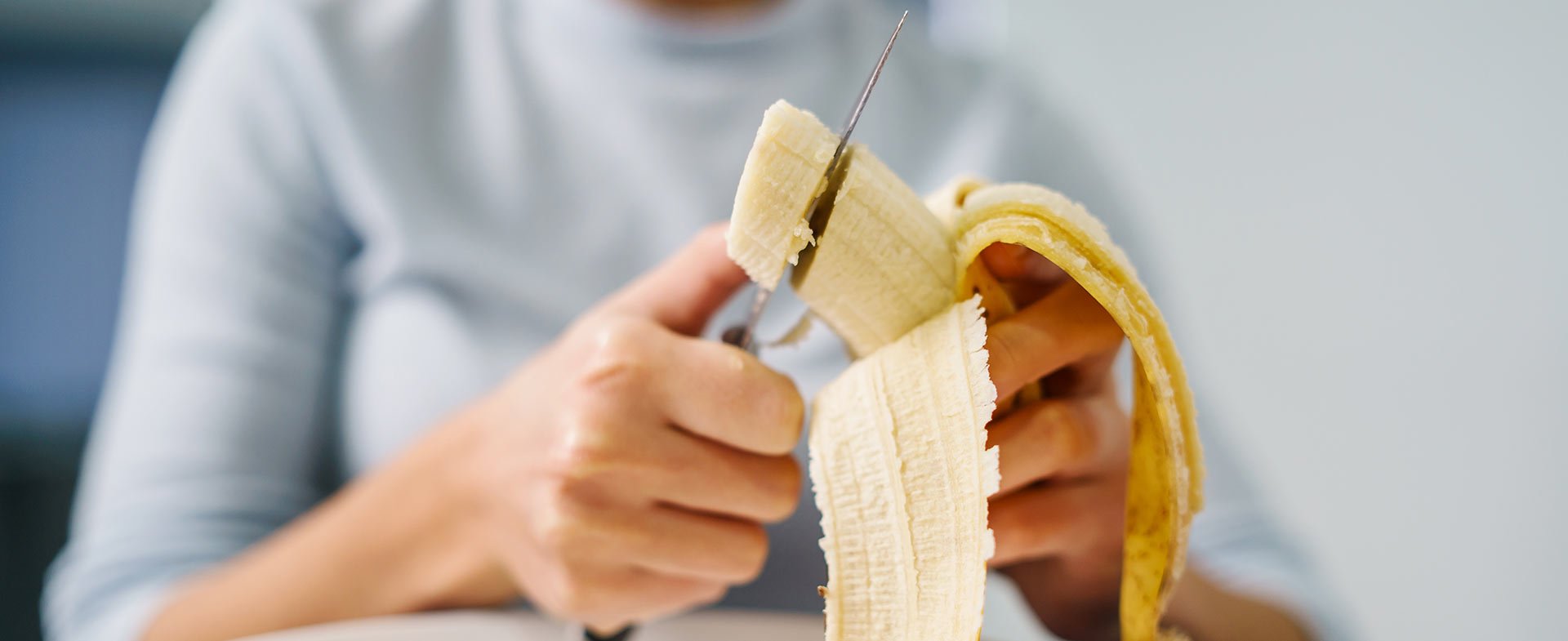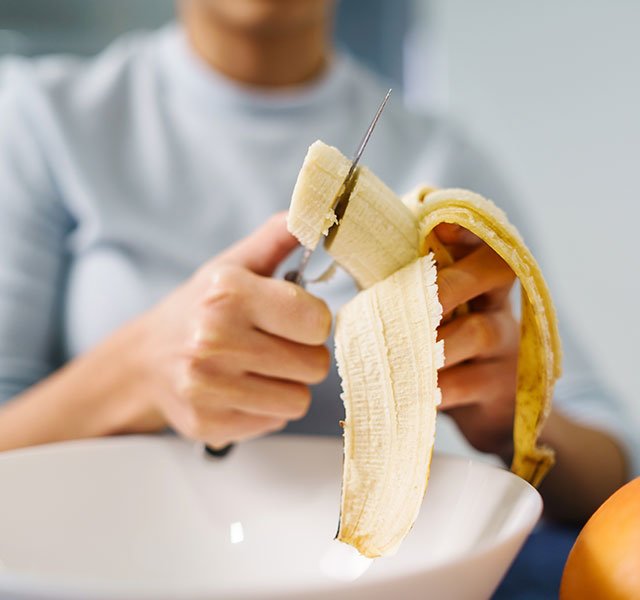It's no secret that fruits and vegetables are critical components of a healthy diet. Health experts recommend at least 5 servings daily. Yet, a subset of fruits and vegetables still get a bad reputation, often because they're high in sugar, calories or fats.
"But even starchy, high-sugar fruits and vegetables boast fiber, disease-fighting nutrients and important minerals," says Halle Saperstein, RD, a registered dietitian at Henry Ford Health. And, of course, they’re all better for you than full-fat ice cream or empty-calorie snacks like chips.
A Closer Look At Vilified Fruits And Veggies
Whether you’re watching your waistline or not, produce is nature’s most virtuous food. In addition to supplying essential nutrients, most fruits and vegetables help fill you up without weighing you down.
And yet, the following fruits and vegetables still get flak. Here's a look at the fruits and veggies that give people pause — along with their benefits:
- Avocadoes: Avocadoes get a bad reputation simply because they're high in calories and fat — an average-sized avocado has about 20 grams of fat and 250 calories.
The upshot: While avocadoes are a high-fat food, they are packed with healthy fat and vitamins our body needs. Avocadoes are a great source of potassium and vitamins B, C and D. "We need those vitamins for a healthy immune system," Saperstein says. They're also a great source of fiber (7 grams per 3.5-ounce serving) and heart-healthy monounsaturated fat. - Bananas: A medium-sized banana weighs in at about 100-120 calories, which is relatively high as far as fruits go. One banana is considered two servings of fruit. Bananas also boast more sugar and a higher glycemic index, or GI , than most other fruits, meaning they could rapidly elevate blood sugar levels.
The upshot: "Bananas contain pectin, which can help protect against colon cancer," Saperstein says. "They also contain resistant starch, which is beneficial to maintaining a healthy GI tract, reducing appetite and improving insulin resistance." Bananas are widely praised for their high potassium content, which our bodies need for heart health and muscle contractions. Plus, they're easy to pack, loaded with usable carbs and high in fiber. - Carrots: Carrots contain more sugar than equally crunchy celery sticks and bell peppers. One medium raw carrot has 4.8 grams of sugar and 31 calories, while a stalk of celery provides close to 0 grams of sugar and 7 calories. Just be forewarned: Too many carrots can lead to carotemia, a condition that causes your skin to turn orange.
The upshot: Carrots are high in beta carotene and fiber. Just two medium-sized carrots supply nearly 3 grams of fiber — and they're a great, crunchy alternative to snacking on chips. They are also very high in Vitamin A, which is essential for eye health. - Grapes: Grapes are high in sugar (and water). About 16 grapes (or ½ cup) equals one serving of the fruit, which isn't likely to fill you up. "Once you start eating a bunch of grapes, it is often hard to stop eating them," Saperstein says.
The upshot: Grapes are high in vitamins C and K, and the purple variety contain a powerful antioxidant called resveratrol. Plus, if you mix them into a fruit salad with low-sugar, high-fiber fruits like berries, you won't have to worry much about the sugar content. - Potatoes: Baked, boiled, mashed or (gasp) French fried potatoes frequently serve as a vehicle for high-fat, high-calorie add-ons, such as cheese, butter, sour cream, bacon and other dietary offenders.
The upshot: Potatoes are versatile, filling, and if you eat them with the skin, you'll get 3.8 grams of fiber and 4 grams of protein per serving. "Just keep in mind that these numbers are based on a 3-ounce potato," Saperstein says. "Most potatoes are nearly half a pound." - Watermelon: A staple at barbecues, picnics and potlucks, watermelon is lower in fiber and higher in sugar than many other fruits.
The upshot: A cup of watermelon is only 48 calories. Watermelon also contains some potassium, vitamin C and cancer-fighting lycopene.
Keeping Fruits And Vegetables Healthy
Fruits and vegetables aren't created equal — and it's true that some people have sensitivities to certain produce that can set off a cascade of problems ranging from gas and bloating to inflammation and joint stiffness.
"The nightshade vegetables are one example," Saperstein says. "For a subset of people, eating nightshade vegetables like tomatoes, peppers and eggplant increases inflammation in the body."
But for most of us, fruits and vegetables are a key part of a healthy diet. While experts suggest aiming for two servings of fruit and three servings of vegetables daily, eating even more vegetables is probably better. The one exception: juice. Fruit and vegetable juices often contain natural and added sugar and they're stripped of fiber.
"Fruits and vegetables are a much better option than almost any other snack food," Saperstein says. "Strive to get a rainbow of colors and don't be afraid to experiment with lesser-known fruits and vegetables like jackfruit and radishes."
To find a registered dietitian at Henry Ford, visit henryford.com or call 1-800-HENRYFORD (436-7936).
Halle Saperstein, RD, is a clinical dietitian at Henry Ford West Bloomfield Hospital and enjoys teaching the importance and benefits of a healthy diet.



